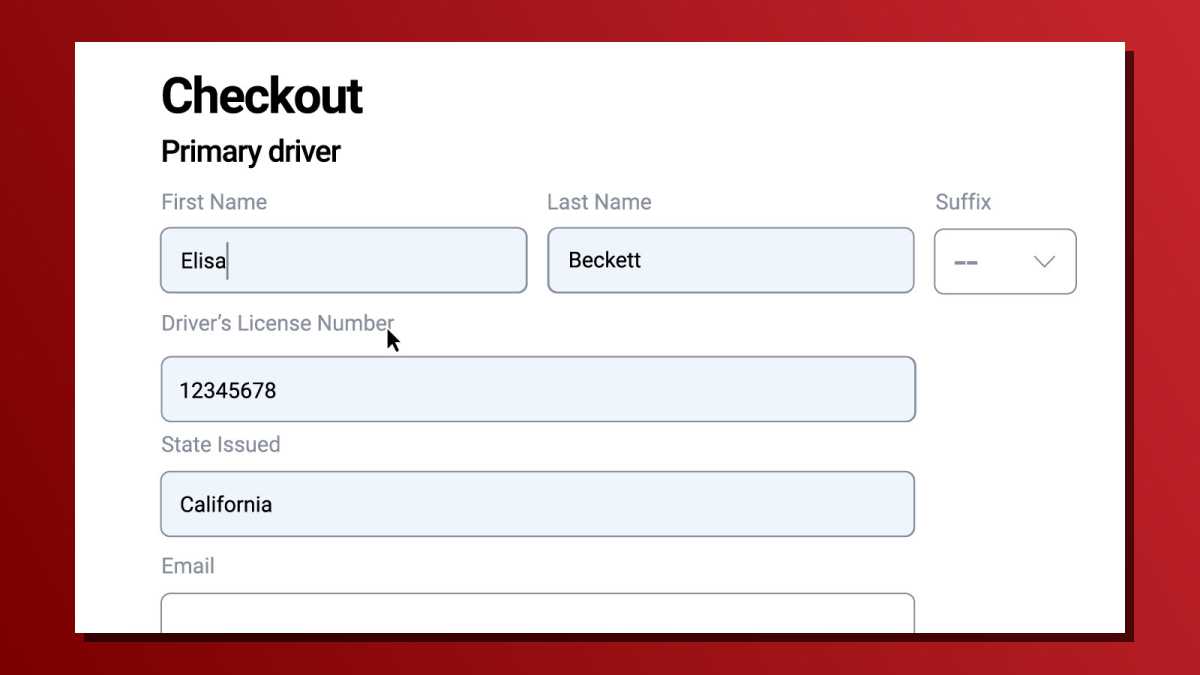A subtle but significant shift in online security and convenience occurred yesterday. Chrome, the world’s most popular web browser, gained the ability to automatically populate far more personal data than ever before.
Imagine a world where tedious form-filling is drastically reduced. Chrome can now remember and suggest passport numbers, driver’s license details, and even vehicle information, alongside existing autofill for addresses, passwords, and payment methods.
This isn’t a silent takeover of your data, however. Accessing this enhanced functionality requires actively enabling “enhanced autofill” within Chrome’s settings.

Crucially, Chrome won’t simply fill in sensitive information without your express permission. Each instance of autofill will prompt a confirmation, placing you firmly in control.
The security of this stored data is paramount. Google emphasizes that any information saved is protected by robust encryption, safeguarding it from unauthorized access.
Beyond simply storing more data, Chrome’s underlying intelligence has been upgraded. The browser is now better equipped to understand and accurately interpret the complexities of online forms, minimizing errors.
This update isn’t limited to a single region; it’s being deployed globally, promising a more streamlined online experience for users worldwide. The future holds even more possibilities, with Google hinting at expanding the range of autofillable data types.






